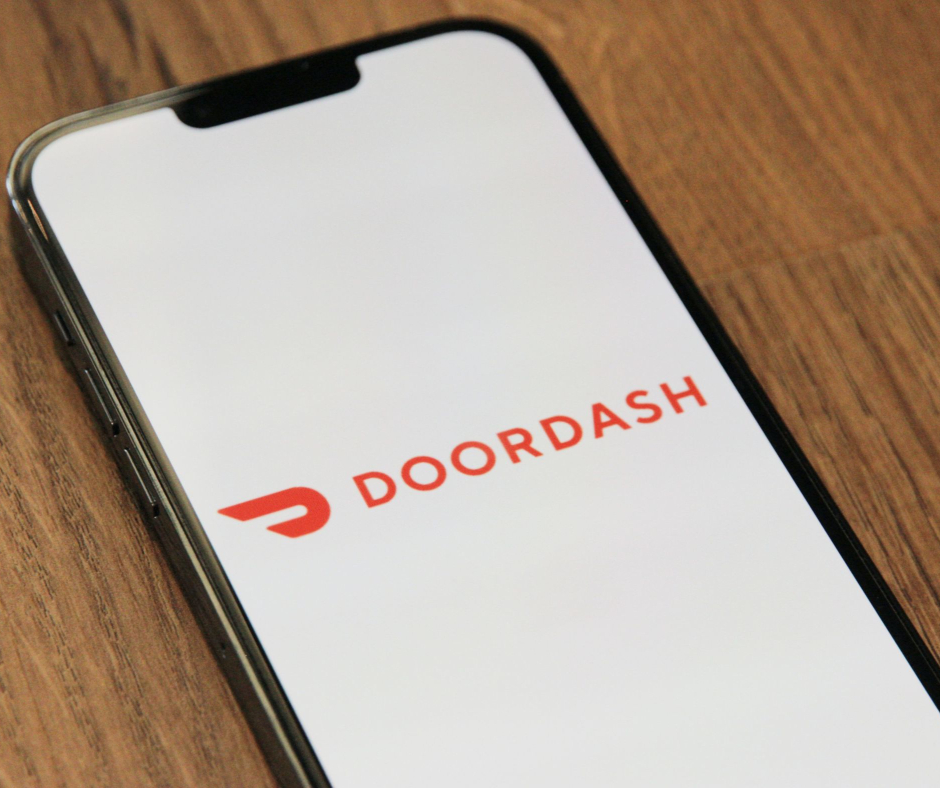Washington State Attorney General Bob Ferguson has filed a lawsuit against DoorDash, alleging misclassification of its delivery drivers as independent contractors rather than employees. The case could reshape the gig economy in the state.
The lawsuit, filed in King County Superior Court, accuses the popular food delivery company of violating Washington’s wage and hour laws. Ferguson argues that DoorDash avoids providing benefits such as minimum wage, overtime pay, and paid sick leave by categorizing its drivers—known as Dashers—as contractors. The Attorney General’s office is seeking restitution for affected workers and civil penalties.
“Gig companies like DoorDash cannot skirt their obligations under Washington law,” Ferguson stated in a press release. “This lawsuit aims to ensure fair treatment and pay for all workers in our state.”
The complaint outlines several alleged infractions:
- Minimum Wage Violations: Many Dashers reportedly earn less than the state’s minimum wage when accounting for hours worked and expenses such as fuel and vehicle maintenance.
- Denial of Benefits: By classifying drivers as contractors, DoorDash avoids offering paid sick leave, health insurance, and unemployment benefits.
- Unfair Practices: The lawsuit claims DoorDash uses its algorithm to control delivery assignments, effectively making drivers dependent on the platform for income while maintaining the facade of independent work.
“They exert significant control over these workers’ day-to-day activities, which by legal standards, defines an employer-employee relationship,” said labor rights attorney Jane Ellis, who is not involved in the case but has worked on similar lawsuits.
DoorDash’s Response
In response, DoorDash defended its business model, stating that its platform provides flexibility and opportunities for drivers. A spokesperson for the company commented:
“DoorDash empowers people to earn on their own terms. We will vigorously defend our position in court and continue advocating for policies that benefit gig workers.”
The Case’s Potential Impact
Legal experts suggest this case could set a precedent for other gig companies operating in Washington. If Ferguson’s lawsuit succeeds, it may require DoorDash and similar platforms to reclassify their workers, significantly increasing their labor costs. This lawsuit follows a national trend of states cracking down on gig economy companies, including recent rulings in California and Massachusetts.
A Broader Conversation on Worker Rights
Advocates for gig workers say this lawsuit highlights the larger issue of corporate responsibility in the modern economy. By challenging companies like DoorDash, states aim to balance innovation with labor rights.
“DoorDash cannot have it both ways,” Ferguson said. “If they want the benefits of a dedicated workforce, they must play by the same rules as other businesses.”
The outcome of this case will be closely watched, as it could influence policies across the country. With Washington leading the charge, companies like DoorDash may need to rethink their business models to comply with labor laws.


